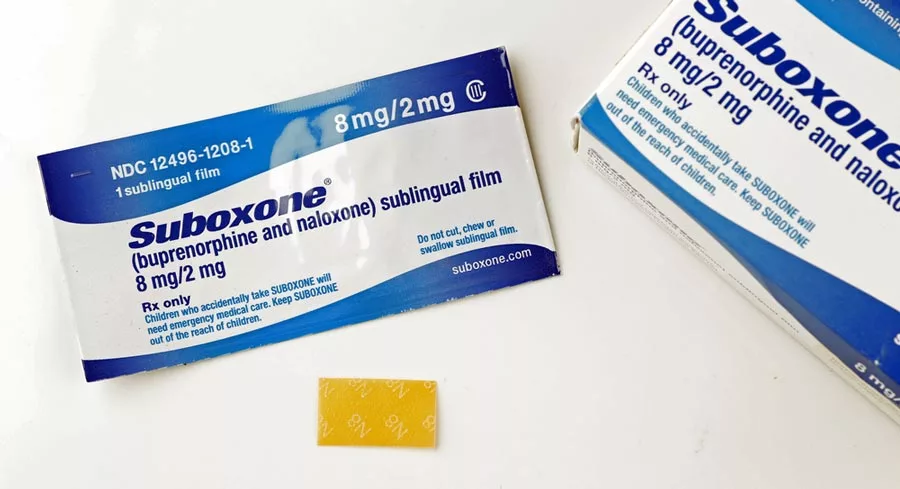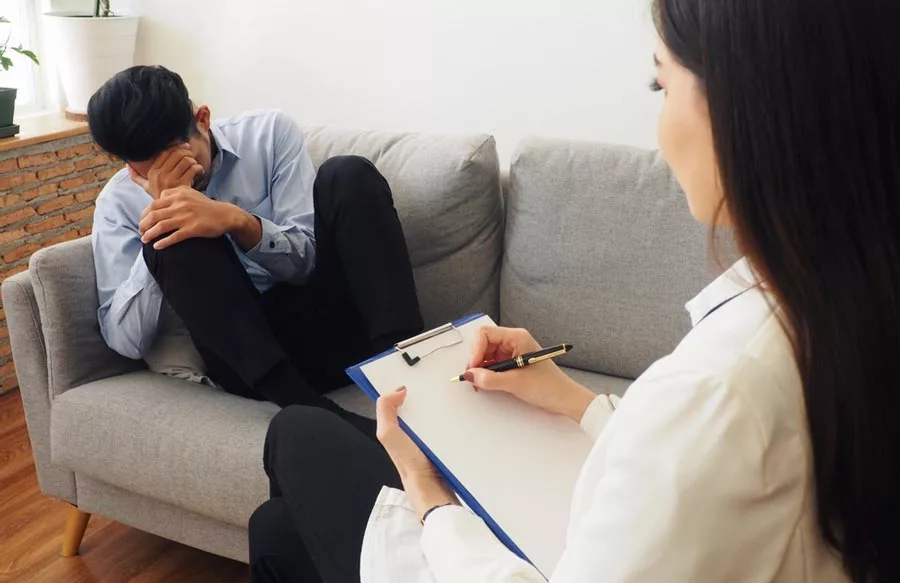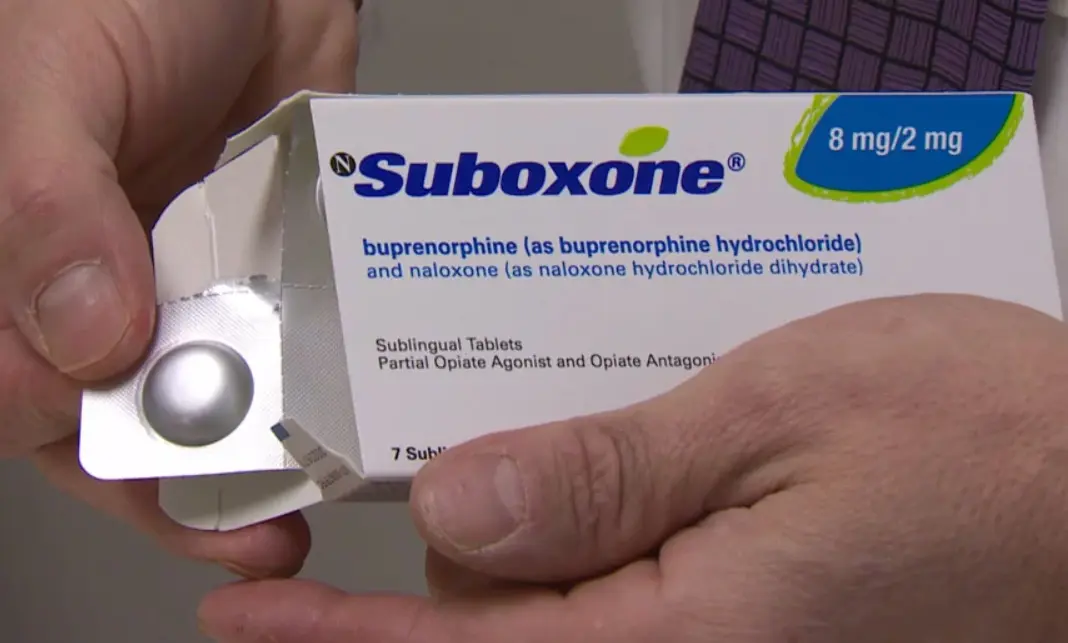Get The Answers To Your Questions About Suboxone
Suboxone is well-known in addiction treatment spaces, but not everyone has all of the information they want and need before they start their prescription. So, what is Suboxone, and how long does Suboxone stay in your system?
Let’s answer those questions and discuss what else you’ll want to know about Suboxone. Then, we’ll go over treatment options for Opioid Use Disorders and how to get relief from all opioids with effective treatment at Best Rehabs In Arizona Recovery.
What Is Suboxone?
Suboxone is an FDA-approved prescription medication that is used to treat Opioid Use Disorder (OUD). It is a form of medication-assisted treatment or MAT known to reduce cravings and lower the risk of both non-fatal and fatal overdoses. Accordingly, Suboxone is known as a life-saving medication that helps many people with Opioid addictions recover and transition to normal life.
Most people use Suboxone alongside other forms of support, such as therapy or counseling, as part of a whole-person approach. The effects of Suboxone allow people to focus on their treatment program and find relief from symptoms that may otherwise tempt a person to relapse, which is why it is such a crucial medication.
Typically, Suboxone is taken once daily. Some people take Suboxone short-term, whereas others are directed to take Suboxone long-term. The length of time you take Suboxone will depend on a range of individual factors.
How Does Suboxone Work?

Suboxone contains a combination of buprenorphine and naloxone. It works by blocking the effects of other Opioids, like Heroin and Fentanyl. The potential for Suboxone addiction is lower than that of other medications. Before you start Suboxone, you must abstain from the use of opioids for a minimum of 12-24 hours and be in the early stages of withdrawal.
If you do not wait a minimum of 12-24 hours to take Suboxone after using other Opioids, it will lead to a sudden onset of intense or severe withdrawal symptoms. Some people experience side effects when they use Suboxone, but it is prescribed when the benefits outweigh the risks.
How Long Does Suboxone Stay In Your System?
The effects of Suboxone generally last for around 24 hours. However, it takes around 4-5 half-lives to become undetectable in the system.
What does “half-life” mean? Half-life refers to the length of time it takes for the active ingredient(s) in a drug to decrease by half. The elimination half-life of buprenorphine is 24-42 hours, and the elimination half-life of naloxone is 2-12 hours. This means that a drug test can detect Suboxone for around 5-8 days after your last dose.
These numbers are based on the use of Suboxone in healthy people, or people without liver disease. There are situations where the half-life of Suboxone may be longer and a drug test may be able to detect Suboxone for an extended period of time. Specifically, this is the case for those with poor liver function.
What If You Have Severe Liver Disease?
If you have liver disease, Suboxone will have a longer half-life and will stay in your system for longer than it will for someone with good liver health. But, you might wonder, how long does Suboxone stay in your system with poor liver health exactly, and how much does it affect the half-life of Suboxone?
If you have moderate liver disease, Suboxone will stay in your system for up to 12 days. The half-life of buprenorphine will increase by around 35%, and the half-life of naloxone will increase by about 165%.
If you have severe liver disease, Suboxone will stay in your system for longer and may be detectable for up to two weeks. The half-life of buprenorphine will increase by around 57%, and the half-life of naloxone will increase by about 122%.
Make sure that you take Suboxone as directed by your prescribing physician. Note that Suboxone will not show up in most drug tests, and it will not create a false positive for other Opioid drugs. Special tests or panels that look specifically for the active ingredients of Suboxone are needed to detect Suboxone in the system.
FAQs on How Long Does Suboxone Stay in Your System?
What do you test positive for when taking Suboxone?
Taking Suboxone will not make you test positive for Opioids or any other drugs. Despite the effects of the medication, Suboxone will not show up in a drug test as another Opioid. In fact, Suboxone will not show up in the majority of drug tests unless a panel tests specifically for naloxone or buprenorphine/buprenorphine metabolites.
How long after taking Suboxone is it in your urine?
There are a number of different tests that can be used to detect Suboxone and other drugs. These include blood tests, urine tests, saliva tests, and hair tests. Each test will be able to detect a drug like Suboxone for different lengths of time. Urine tests are most commonly used to determine whether or not a substance is in a person’s system. Typically, metabolites can be found in urine tests for 3-6 days.
Treatment Options For Opioid Addiction

If you’re ready to start your journey to recovery from Opioid addiction, you may wonder what treatment options are available. At Best Rehabs In Arizona Recovery Center, we offer various levels of care for those with substance use disorders, including:
- Medical detox
- Residential treatment
- Partial hospitalization program (PHP)
- Intensive outpatient program (IOP)
- Long-term rehab
The level of care you start with will depend on a range of different factors. Other forms of support, such as support groups, are often used to aid long-term recovery. No matter what your path looks like, know that recovery is possible.
Find Help For All Opioids at Best Rehabs In Arizona Recovery
Best Rehabs In Arizona offers addiction treatment and dual diagnosis care for Opioid Use Disorder and the use of other drugs. We have treatment facilities in Arizona and Colorado. Our hotline is available 24/7, and we are here to help.
If you are struggling with Suboxone or other opioids, please call to check on insurance coverage for you or your loved one who needs treatment services. We accept most major carriers as well as some forms of Medicaid in Colorado.
Contact Best Rehabs In Arizona Recover Center today for a free, confidential call and learn about your options now!





